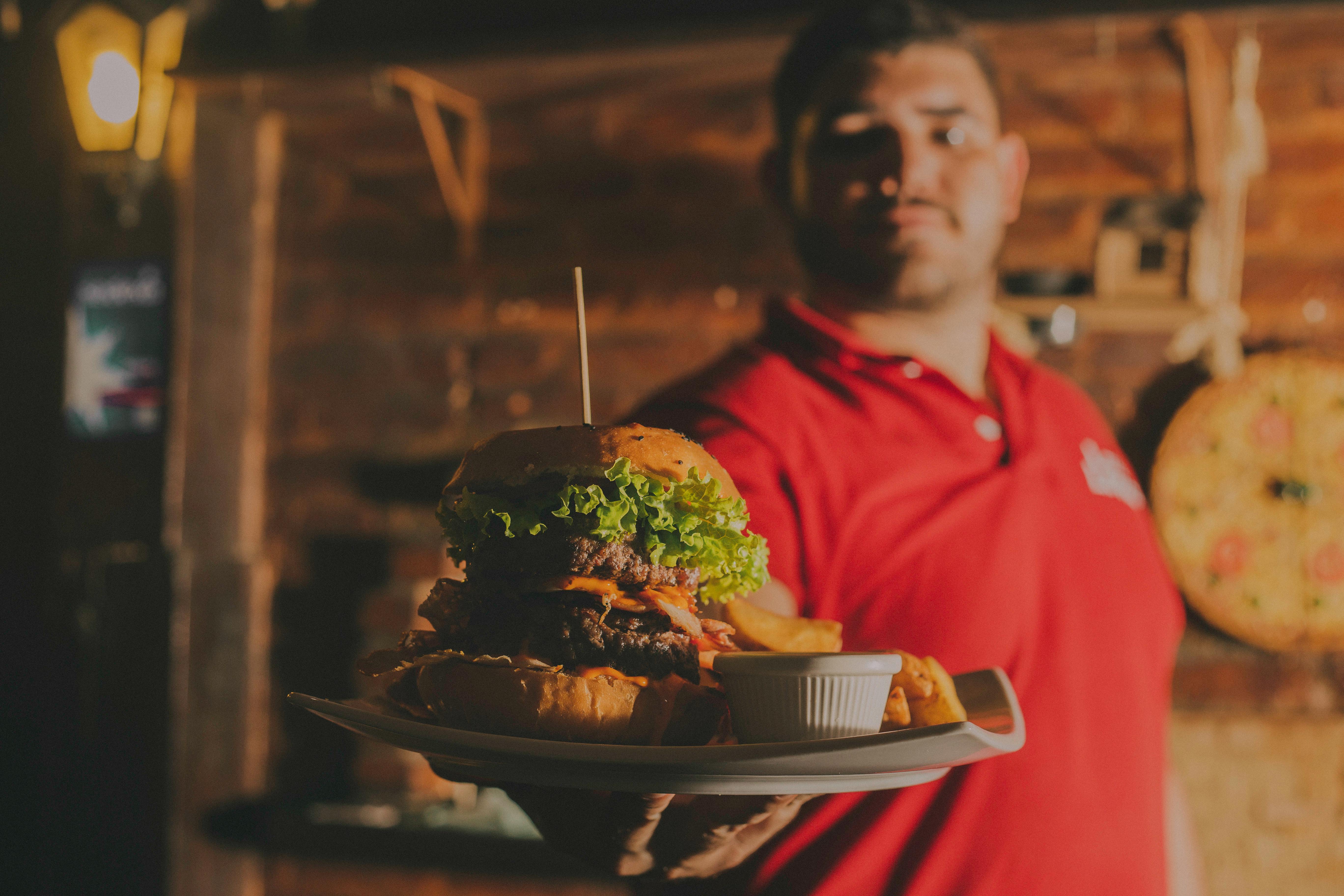
A. Be to + infinitive is commonly used in news reports to talk about events that are likely to happen in the near future:
- Police officers are to visit every home in the area.
- The main Rome to Naples railway line is to be reopened today. (passive form)
B. It is used to talk about formal or official arrangements, give formal instructions, and give orders:
- You are not to leave the school without my permission.
- The European Parliament is to introduce a new law on safety at work.
- Children are not to be left unsupervised in the museum. (passive form)
Passive forms are often used to make orders and instructions more impersonal.
Notice that we only use be to +infinitive to talk about future events that can be controlled by people.
Compare:
We often use be to +infinitive in if-clauses to say that something must happen first (in the main clause) before something else can happen (in the if-clause):
- If the human race is to survive, we must look at environmental problems now.
- The law needs to be revised if justice is to be done. (passive form)
Compare the use of be to +infinitive and the present simple for the future in if-clauses:
- If Jones is to win gold at the next Olympics, he needs to work on his fitness.
And - If Jones wins gold at the next Olympics, he has said that he will retire from athletics.
Notice how the order of cause and effects in if-sentences is reversed with these two tenses:
- If Jones is to win gold... =( effect), he needs to work... =( cause)
And - If Jones wins gold. =( cause), he has said that he will retire... =( effect)
C. We can use be about to + infinitive to say that something will (not) happen in the very near future:
- I'm about to start work on my second novel.
- Appearing on TV might make her famous, but it's not about to make her rich.
Notice that while be to +infinitive is mainly used in news reports and formal contexts, we often use be about to + infinitive in conversation:
We're just about to eat. Do you want to join us?
Let's look at other examples below:
- I was about to go to bed when my brother turned up.
- In the next few years, thousands of speed cameras are to appear on major roads. (or will appear.)
- Scientists say they can't predict when or where the disease will appear again. (not disease is to appear again; the appearance of the disease can't be controlled)
- The President is to return to Brazil later today. (or will return...)
- The comet will return to our solar system in around 500 years. (not the comet is to return..; the movement of the comet can't be controlled)
Try this exercise to test your grammar.
Ready to elevate your teaching career?
Join thousands of certified educators worldwide who have transformed their careers with our internationally recognised teacher training programs.










.png)
Feedback
Total score is 2 out of 8 (25%)
C1-C2 Grammar : Be To + Infinitive
Choose the correct word.